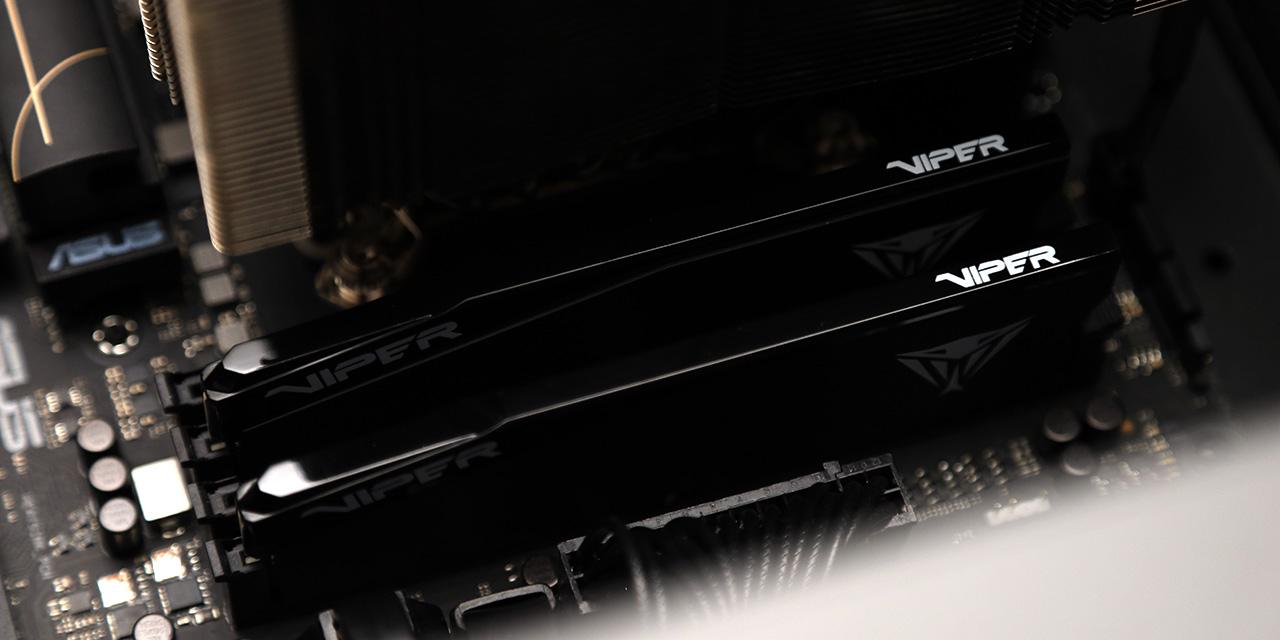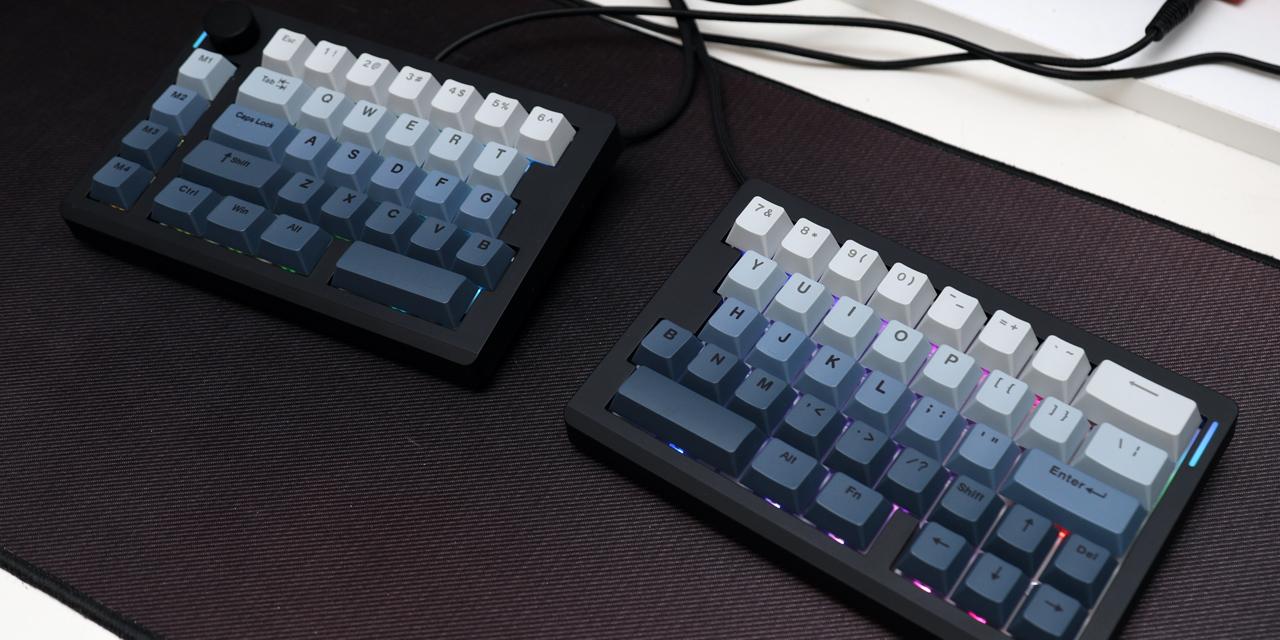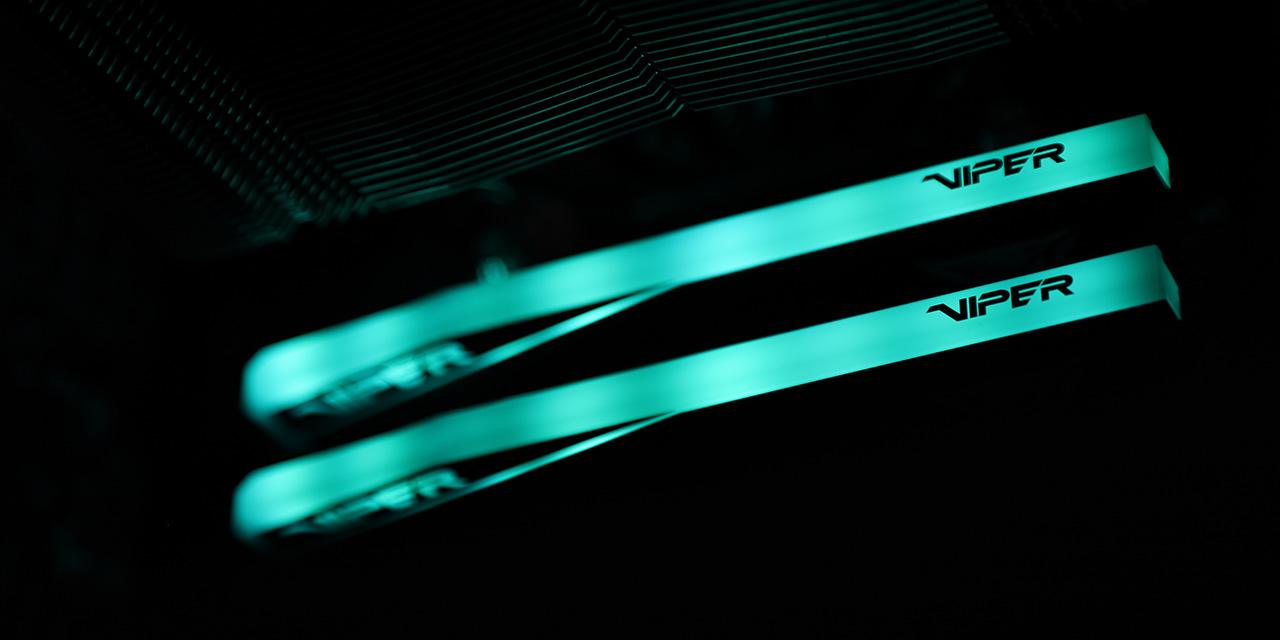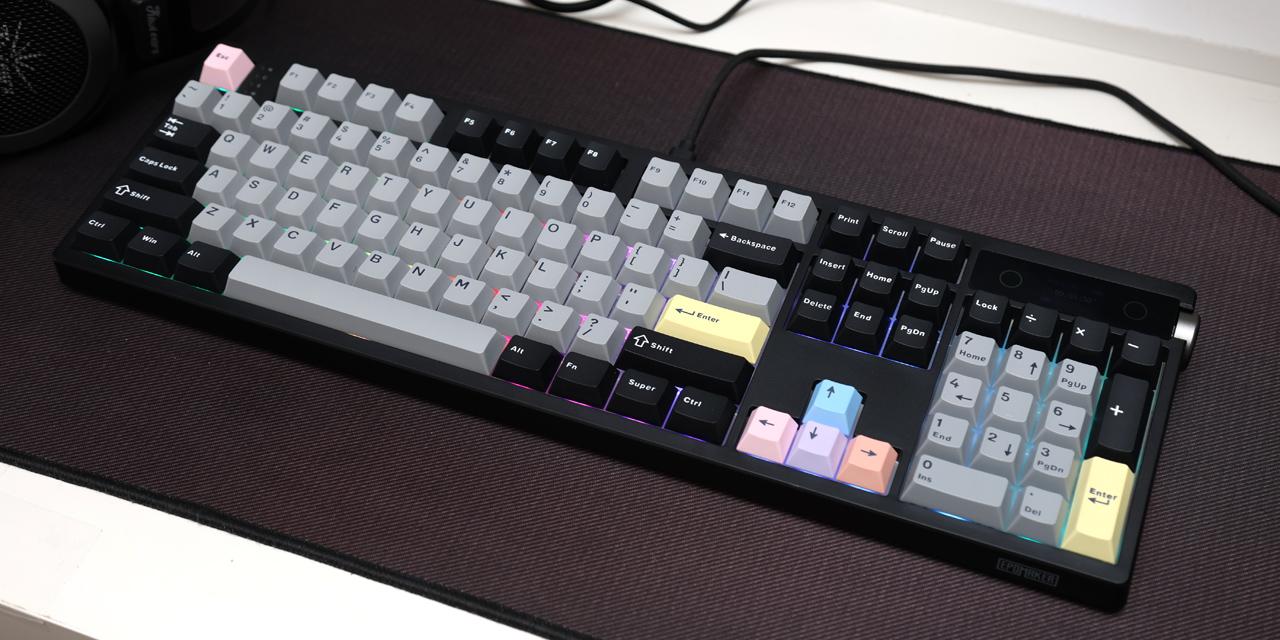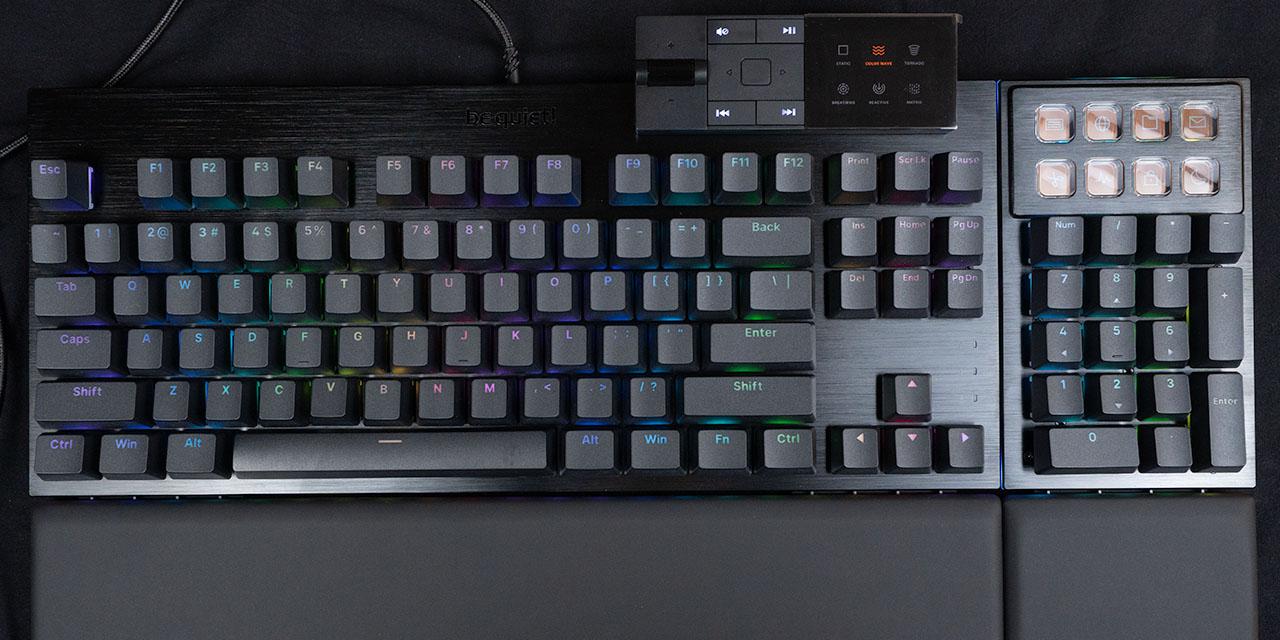|
From X-bit Labs: Due to slower economic environment as well as due to slowing sales of mission-critical systems powered by Intel Itanium microprocessors, sales of Hewlett-Packards ESSN [enterprise, servers, storage and networking] division dropped 4% year-over-year. HP claims to Oracle's claims about the end-of-life of Itanium as well as competitive pricing pressure and increases of investments hurt ESSN's profitability too. "As we mentioned last quarter, we are seeing the macro slowdown impact Industry Standard Servers. Revenue in ISS declined 4% year over year. Revenue in business critical systems [BCS] declined 23% year over year primarily due to a decline in our Itanium-based servers. Our ability to close deals has been impacted by Oracle's Itanium decision, and we are working diligently to enforce the commitments that Oracle has made to our customers and to HP," said Meg Whitman, chief executive officer of HP. According to HP, ESSN revenue declined 4% year over year to $5.7 billion. Across ESSN, the company saw the effect of a slower economic environment. Operating profit of $733 million was down 17% year over year, and the operating margin of 13% was 210 basis points below the prior year. Operating margins were impacted by a lower mix of BCS revenue, competitive pricing pressure, and incremental investments in sales and R&D. HP's business critical revenue for the Q4 FY2011 was around $570 million, up sequentially (from $486 million), but down year-over-year (from $689 million). Companies, who use mission critical servers, are usually very large and their datacenters may cost tens or hundreds millions of dollars. Naturally, they do not deploy systems that can become obsolete if their software is out-of-date. But HP believes it can deal with uncertainties about the future of Itanium. Recently Oracle said that it would cease to develop software for Intel Itanium processors and will concentrate on creation of applications for its own Sun SPARC- based machines, IBM Power-based systems as well as various x86-based servers. Intel Itanium-based systems are currently available from HP and SGI with the former commanding the lion's share of the IA64 business with its servers running HP-UX. A substantial number of servers powered by HP's version of Unix also runs Oracle software and therefore those, who use HP-UX Itanium-based machines now will have troubles upgrading servers with new software from Oracle. View: Article @ Source Site |
 |
Sales of HP's Business Critical Itanium Servers Continue to Decline
© Since 2005 APH Networks Inc. All trademarks mentioned are the property of their respective owners.
